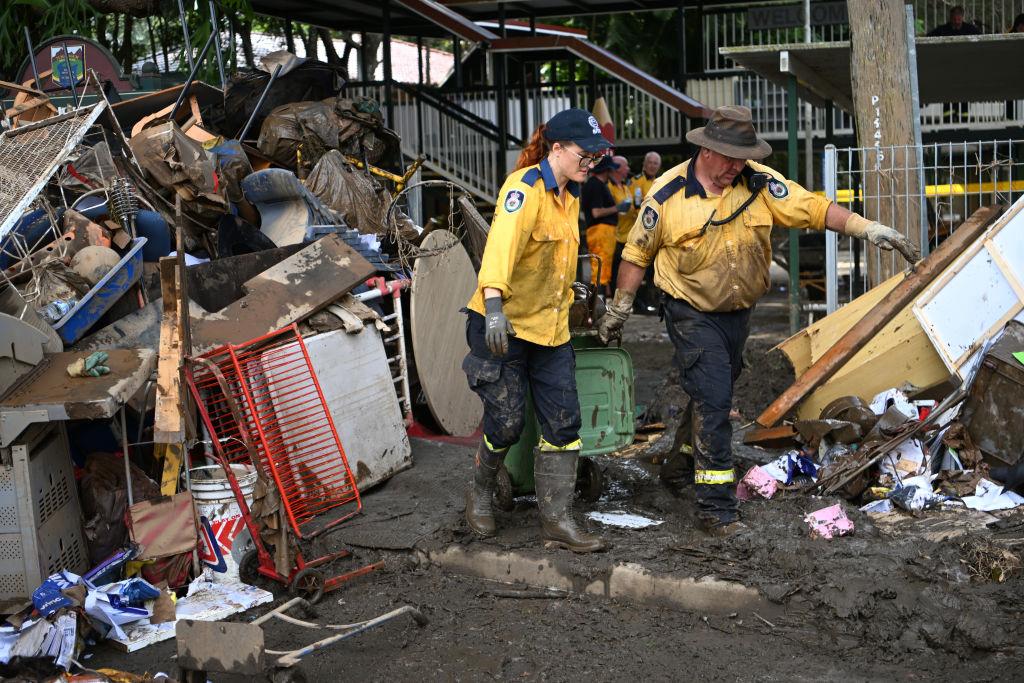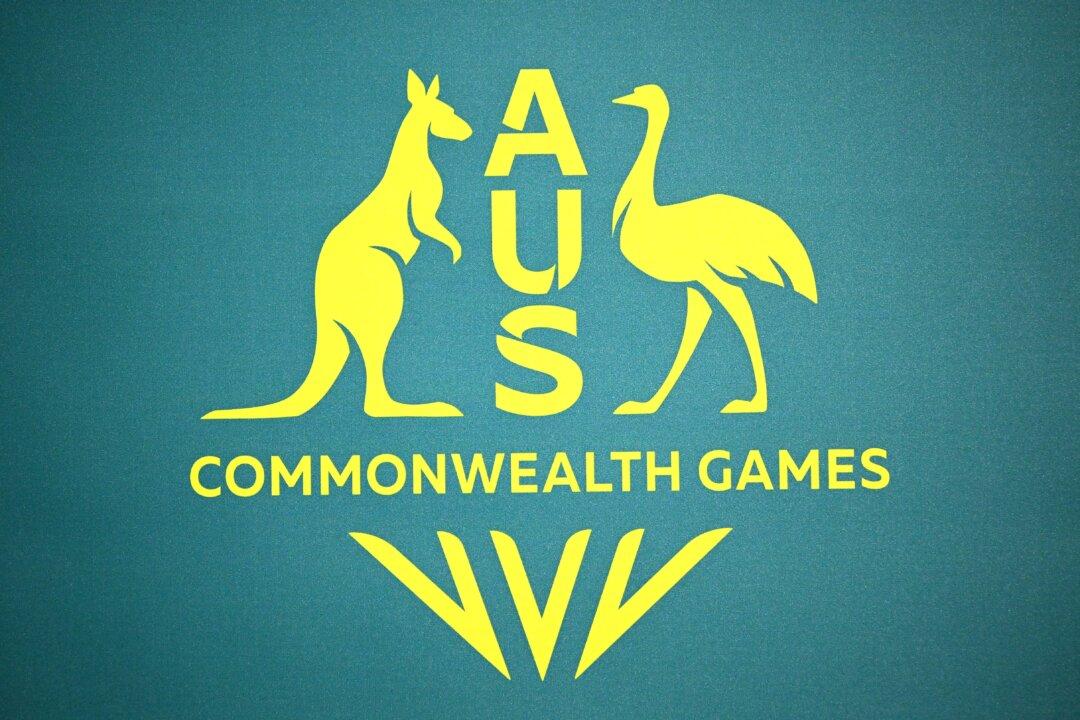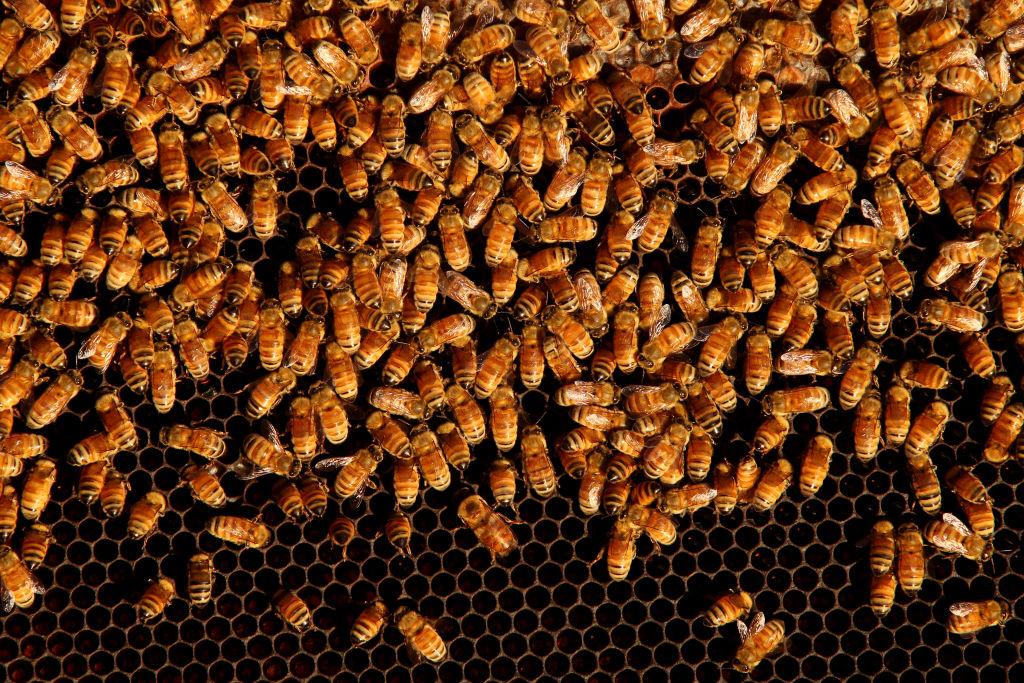Australia needs to set national guidelines on plastic recycling for consistent recycling schemes across the nation, an inquiry has been told.
On June 30 during the parliamentary inquiry into plastic pollution in Australia’s oceans and waterways, Clean Up Australia’s CEO Jenny Geddes said the rules around plastic recycling need to be clearer to ensure people follow them correctly.





